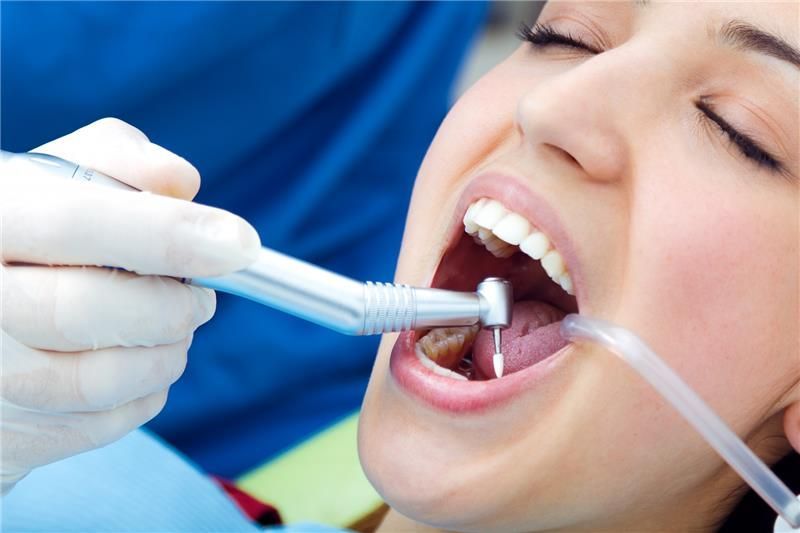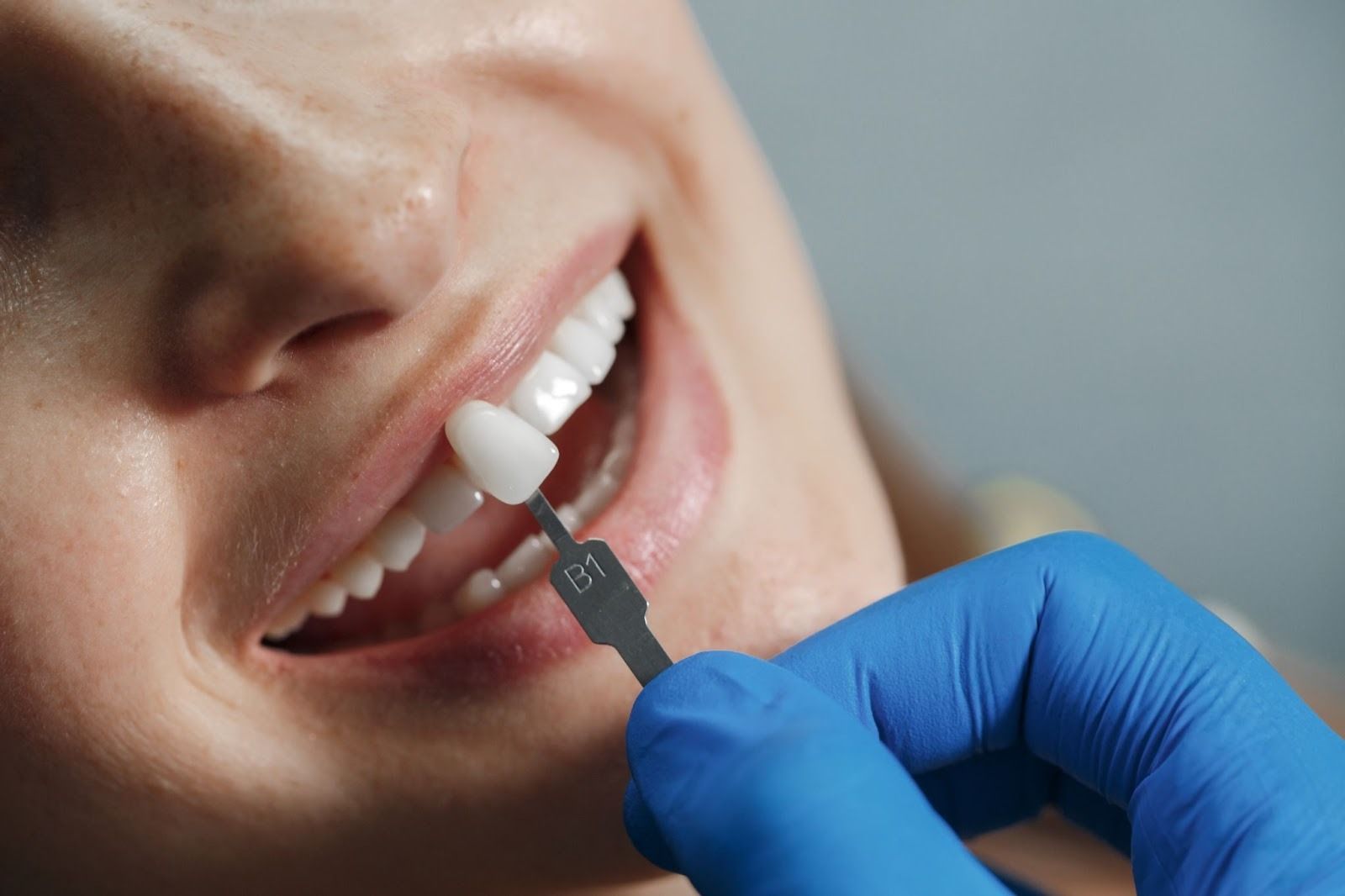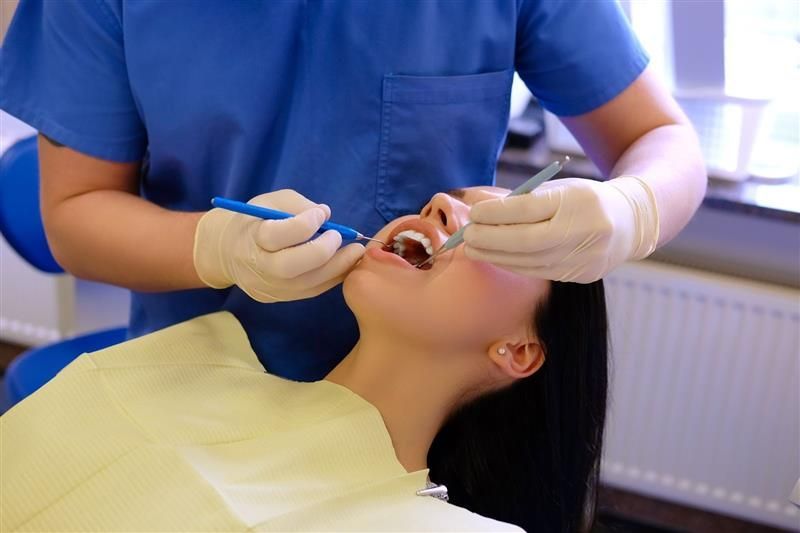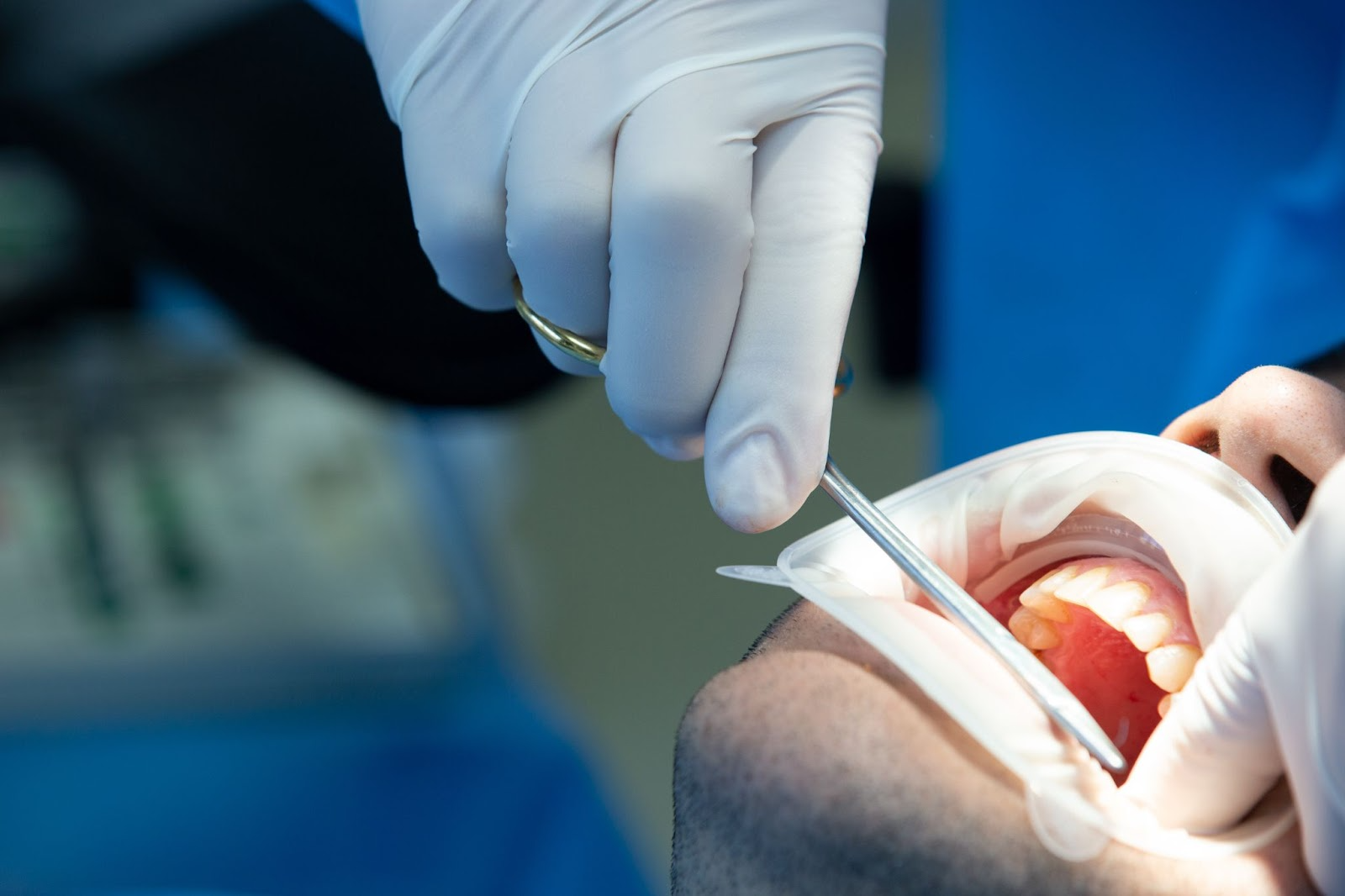Effective Ways to Deal With Tooth Sensitivity

Dentin hypersensitivity or sensitive teeth, as the name suggests, is the response to certain stimuli such as hot and cold. Have you ever felt discomfortable after sipping a spoonful of hot tomato soup or taking a big ice cream bite? If so, then you’re not alone here. Sudden jittery pain from hot or cold foods is a clear sign of sensitive teeth.
The sensitivity may be temporary or permanent. It may affect one tooth or several teeth. There are numerous causes for tooth sensitivity such as gum disease, tooth decay, having acidic foods, and more, and it can be treated by making some tweaks to your oral hygiene habits.
Here, in this article, we’ve rounded up four effective ways to beat tooth sensitivity, so let’s scroll down and find out:-
#1. Using Toothpaste for Sensitive Teeth
By switching from standard toothpaste to one which is specifically meant for treating sensitive teeth, you can get some relief from the symptoms.
A sensitive toothpaste contains a special ingredient that does the job of filling tiny holes in your dentin and enamel causing the ache when you try too hot or too cold foods. Thus, reduces the exposure of teeth’ sensitivity nerves.
You must talk to an experienced dentist at an advanced dental care services clinic in Brooklyn, NY to recommend you a sensitive toothpaste.
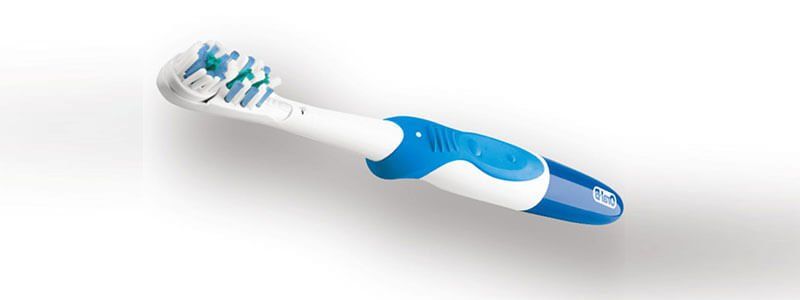
Another way is by changing your toothbrush. If you are using a toothbrush having stiff bristles, then you are making your tooth sensitivity condition even worse.
The stiff bristles and an abrasive toothpaste are tough on the tooth enamel, creating microscopic holes, thus, leading to more sensitivity. They can even worsen the gum recession, causing more exposure to sensitive and dentin nerves.
Go with a soft-bristled toothbrush and ensure that you brush gently to perverse the teeth surface and maintain the integrity of the gum.
#3. Wear a Mouthguard at Night
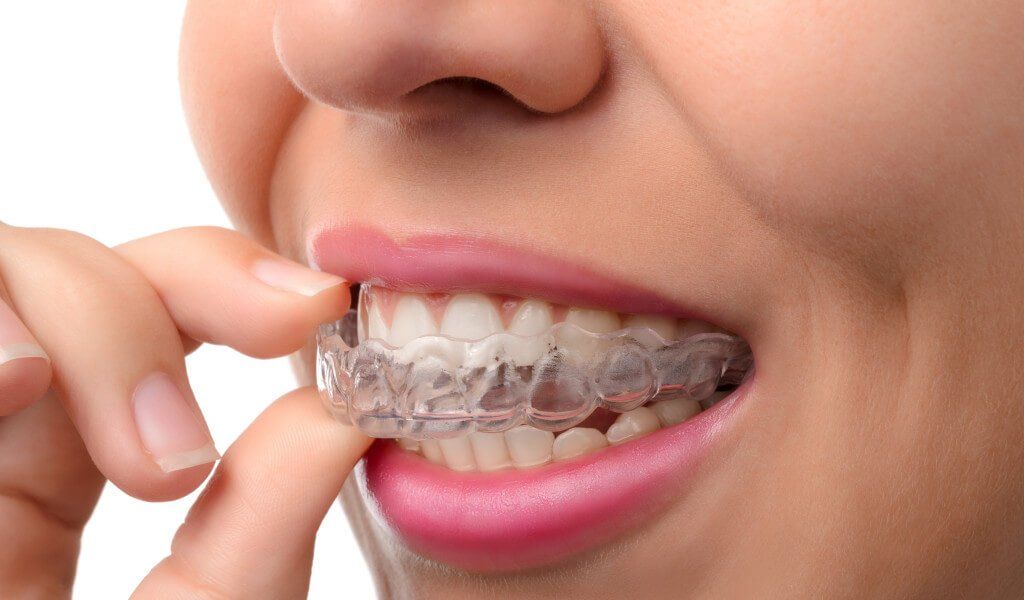
Sometimes teeth sensitivity is because of the grinding of teeth at night, known as bruxism. If you’re having this problem, your dentist will take a mold of your teeth to prepare a bespoke mouth guard for you to wear during your sleep. The mouthguard protects the teeth against pressure and damage caused due to nighttime grinding.
#4. Gums Care
Receding or diseased gums are another leading cause of tooth sensitivity. As the gum tissue breaks down & moves away from the tooth surface, that teeth part has no enamel, thus left exposed. The nerves are left unprotected and prone to damage that causes tooth sensitivity.
So, let your dentist thoroughly examine your gums for any gum diseases that require immediate treatment. Health gums prevent and protect against tooth sensitivity.
What If Tooth Sensitivity Doesn’t Improve?
In the end, if your tooth sensitivity is persistent, then you must consult our qualified dentist. They’ll advise you on the best treatment which is safe & effective for your tooth sensitivity. To make an appointment, fill the quick online form or call us at 7185733333.

